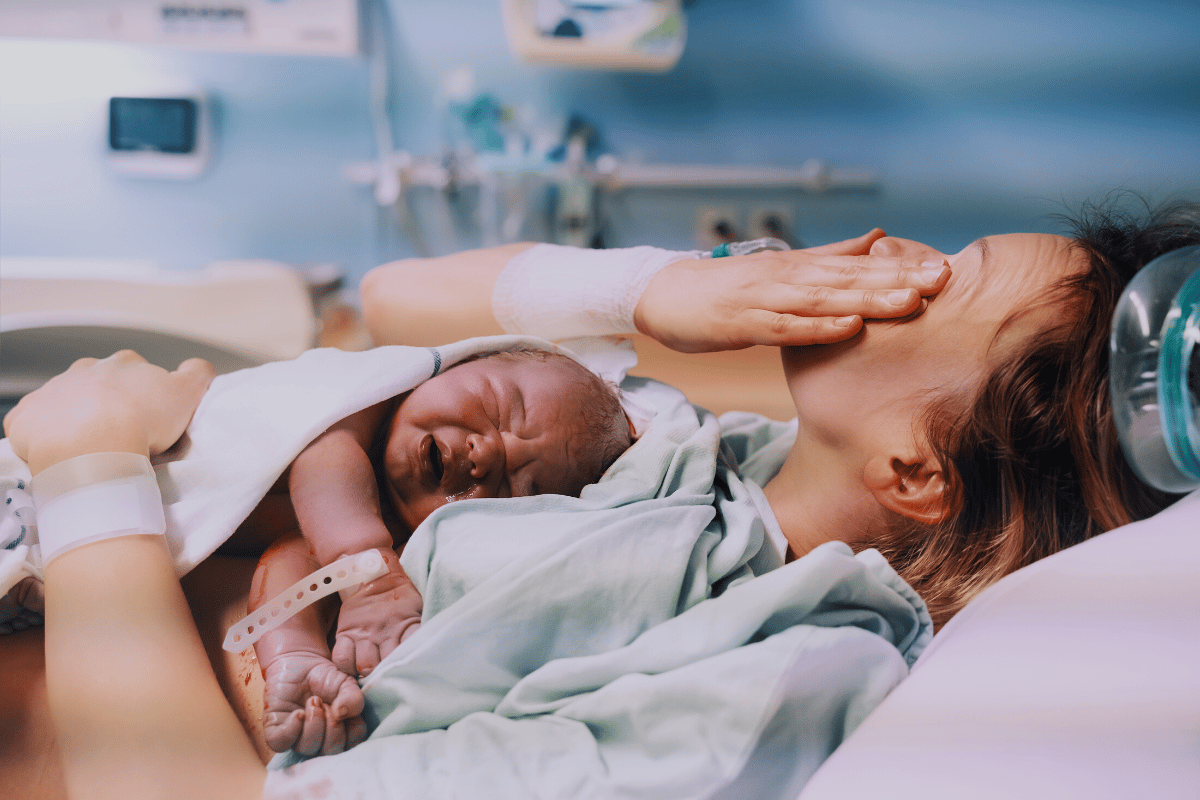
Content warning: This story includes detailed depictions of birth trauma and discussions of suicide that may be distressing to some readers.
For some women, their birth experience is beautiful. For others, it's far from it.
The birth of their child, for some women, isn't just hard, physically and emotionally. Instead, it's downright traumatic. And in some cases, this is due to obstetric violence – any act or action that makes the woman giving birth feel as though they've been dehumanised, abused or violated by a healthcare provider.
It's a conversation countless women have been having for years. Only now is it entering the main arena.
This week, Mamamia published an article examining the rise of obstetric violence, speaking to an expert in the field in relation to a new study showing one in 10 Australian women reported that they have experienced obstetric violence.
It hit a nerve with many, with dozens of mothers sharing their own related struggles, from being given no pain relief when asked, to being forced to use forceps or having episiotomy stitches get seriously infected. In all of these cases, the women voiced their concerns to their healthcare provider – whether it be a nurse, ambulance worker, midwife, doctor or obstetrician.
But they were ignored or shamed.
Watch: the truth about birth trauma. Post continues below.

Top Comments